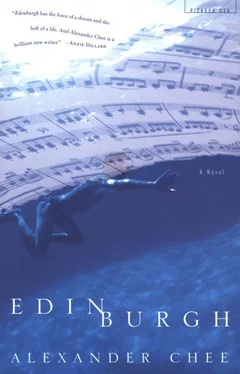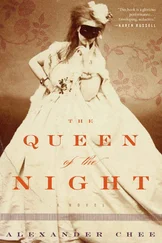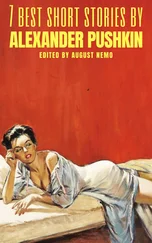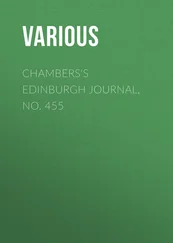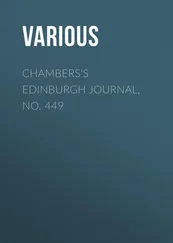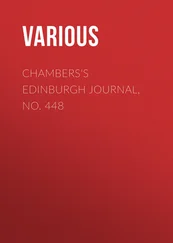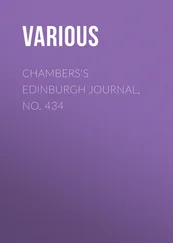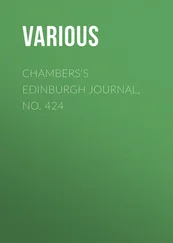My mother and father are in prison, serving terms. That’s all I get to know about it. I’ve never known them to miss them, that I know of; they were arrested and tried and sentenced well before I was old enough to remember anything. I occasionally find myself missing something, but hard-pressed, I can’t say for sure that it is mother, father, family. My foster mother, who had me for four years, was good to me, but also quite plain about my status. My borrowed sugar, she would say to me. Found you in a cup.
I know they can’t see me, forbidden, by court order. I receive letters, occasional pictures. Occasional. The pictures are occasions. Until recently all I had was a picture of my father as a teenager, thick brown hair, leaning against a granite boulder while hiking. Long brown hair wrapped in a handkerchief. My mother, also a teenager, dressed as a nurse for a Halloween costume. They met in college, my grandmother tells me when I ask. And she shows me the pictures of their wedding. When I get the new photograph, my father is bald. I ask, What happened to all that hair?
It goes, grandfather says. He rubs his thick hair, a gray spume.
Why am I so light, I ask. I know enough to know that parents and children are supposed to resemble each other. My hair is fair, eyes are light, green-blue, like the leaf of the lavender plants that border this house, where my grandmother grows roses and sweet herbs. My grandmother says nothing, but later emerges from the attic before dinner. I put these away, she says, but there’s no point to not having them. A picture of a little blond boy, hair cut in a towhead Prince Valiant cut. A gleaming helmet for a tiny warrior. Who’s that, I ask.
Your father, my grandmother tells me. My son.
2
Thirteen, my mother gets out of prison. Divorces my father. Returns to Sweden. She’s from there, my grandmother tells me, explains. She’s got people there.
3
Fourteen, home from school for Christmas, in York Beach. A resort town, empty in winter except for the few year-round residents. A present under the tree looks different from the rest. Store wrapping, unlike the home-done tinsel of my grandparents. I fumble the large package and hear muffled banging from inside. I fumble because my grandparents are staring. Finally it opens to spill out a butterfly net. A killing jar. A book of lepidoptery. Framed specimens, on tiny pins, to be hung on the walls. Beautiful, my grandfather says, and my grandmother looks at him as if she is choking.
Lovely, she says, her voice coming off the back of the room as she stands up and goes into the other room.
Will you use it, son, my grandfather asks.
Sure, I say. I am thinking of my father in the picture, our hair the same golden color. I am thinking, I don’t want the change. I don’t want my hair to change.
4
I am a junior at Thomas Bethune Day and Night Academy, a private school for two hundred boys and seventy girls in East Knot, Maine, between Orono and Blue Hill. This school has been my home for years: a modern residence hall separated into two wings, New East and New West, by a dining hall; the Arts and Humanities building, called, strangely, Blue, and the Science and Math building, Farren, both the old original buildings. Blue was the manor house, a stone house with, originally, thirteen bedrooms, a ballroom, a dining room, a kitchen, servants’ quarters, library, study, and sunroom. Farren was the barns and greenhouse; botany and animal husbandry are specialties there. The gymnasium is brand new, courtesy of a recent alumnus who made a fortune in leveraged junk bonds, and comes with a pool and indoor track. I spend my time there. Swimming helps keep my darkening hair blond. My name is Edward Arden Gorendt; my friends call me Warden.
5
The new assistant swim coach arrived as the solution to a scandal: Ms. Fields, our swim coach these many years, had become pregnant out of wedlock and was determined to have the child and not marry and not give up her job; the school, in a rare conciliation, agreed. The board was mostly pro-life, something Ms. Fields wisely tailored her appeal toward. He was to begin early, in order to learn her training styles and workouts, and then the board hoped that seeing a man beside this increasingly pregnant teacher would give the illusion of codified heterosexuality the board supported. Mr. Zhe would also take the opening in the art department, being that rarity, an athletic fine artist.
He works in ceramics, Ms. Fields tells us, when we ask her. In her one-piece Speedo, her belly has started to dome. I imagine the baby ’s head there, as if it were trying to sit up in a made bed, trying to press through. I wonder if she will jump in and help us out with troubled strokes as before. And then he arrives.
Not so tall, actually; a bit shorter than me. Dark and yet pale, he looks young, like he is still in college. Not quite thirty, he has broad shoulders, a swimmer’s bowed chest, strong, wide legs. He is dressed in running pants, flip-flops, a white tank, and a coral necklace at his neck. His hair is cut short, military-style, a widow’s peak on his forehead points to his goatee that points to his feet. He has the look of a Russian, a Eurasian. I think of a picture of Cossacks I once saw. He smiles at me, and it is a knock on my chest, as if he had reached out and rapped it. My chest opens, my heart admits him. Hi, I say.
Hello, he says. He goes around shaking the hands of the team members. When he gets to me he asks my name and I say, Warden. His left eyebrow goes up. Nice to meet you, he says. A nice jail you got here.
6
He takes a house near the school but not too near, on a tiny two-block street at the edge of town called Willow Street, and he lives there with a “roommate” by the name of Albright Forrester, a name I learned by taking his junk mail out of the garbage one day before practice after I saw him discard it. Albright Forrester, it read, you have been selected for a special subscription rate for the new House and Garden, I said the name that day as I practiced, Albright Forrester, Albright Forrester, mumbled into the chlorine-blue water.
The house is a saltbox Cape, with a widow’s walk like a hat on top even though there is no sea there, and while it’s run-down, they refurbish the house and grounds with incredible speed, as the roommate seems to have no occupation other than keeping the house. A cutting garden sits next to a vegetable plot in the backyard, and the small yard is home to two mixed-breed dogs that seem to be siblings, probably Labrador — pit bull mixes. Albright is younger than Mr. Zhe and prettier, slightly taller, his hair worn shoulder-length and always falling forward to obscure eyes the color of the swimming-pool water. He walks the campus on occasional visits with a casual air, as if there were nothing at all strange anywhere in the world, nothing that could take his interest from whatever middle distance he seems always focused on. To say he attracts a good deal of attention on these visits is an understatement. The smile he gives Mr. Zhe on greeting is more intimate than a kiss hello.
I go to their house some weeks later, drive down the street. I pause over the clutch and let my old black Volvo wagon drift. Albright comes out of the house, cutting shears in hand, headed for a lilac bush by the front of the driveway. His eyes flick toward the car. I shift and pull away. He returns to his cutting, the blooms coming away into his hand. I declutch and drift, watching in my rearview mirror. I can’t stop looking at him, imagining Mr. Zhe coming home to him; do they kiss in the door? Do they act like brothers? I shift, the car engine grinds slightly, slower now, I don’t want the brake lights to flash, attracting attention. I take the turn, U-turn, drive back by to see Albright in the door, plucking leaves off the lilac stems, unmindful of me. I drive away. That night, as I lie in bed, I think of a Mason jar of lilacs in the middle of their table, their dinner spread around it. A dark shape in my window ledge catches my eye: my binoculars, for butterfly catching.
Читать дальше
